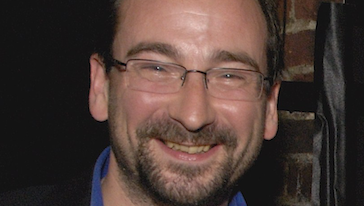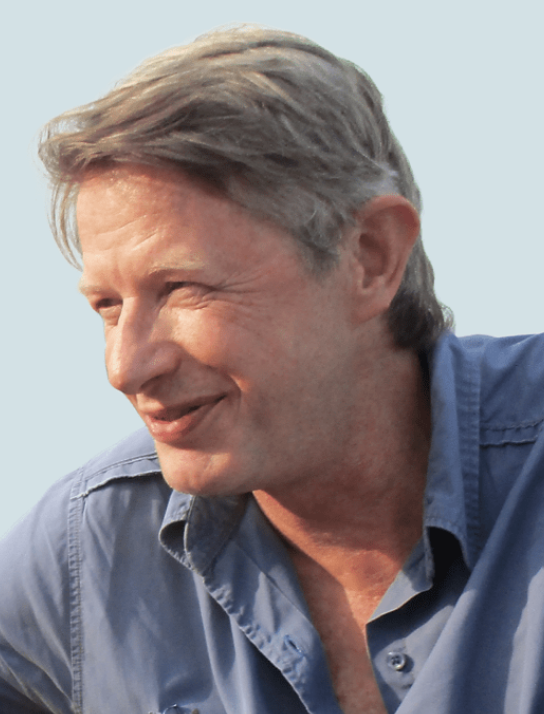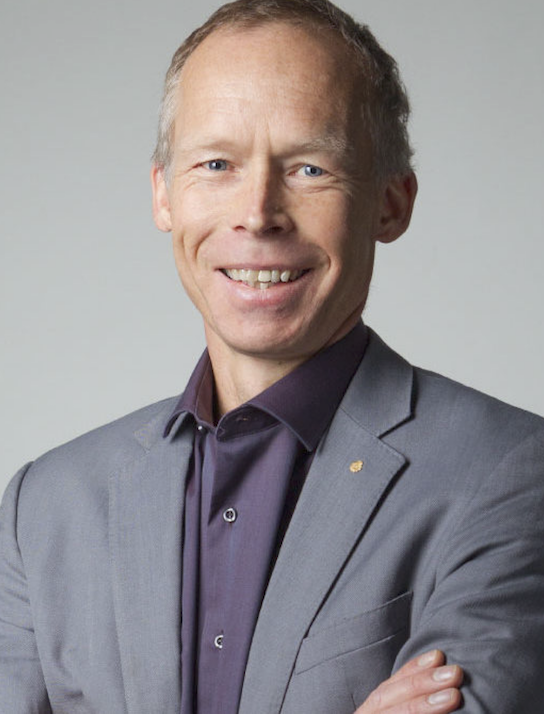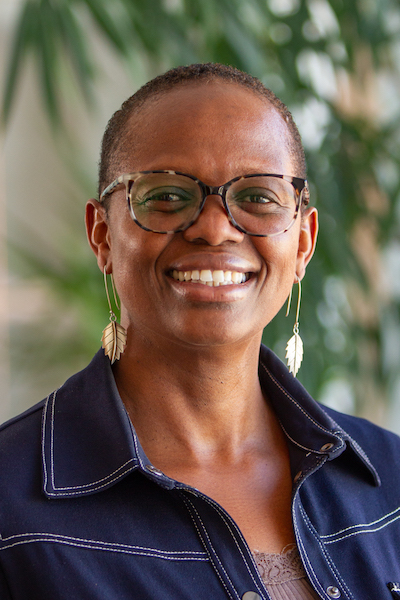Mr. Michael Green began his lecture with an emphasis on the importance of the work of Ryszard Kapuściński, the ways in which it inspired him, and the reasons why the continuation of the legacy of Ryszard Kapuściński through the Kapuscinski lectures is so important for development. Mr. Green built up to the main part of his lecture, by giving us a short history lesson on how GDP came to be, and how we shaped our societies around this measure. He argued, that even the creator of GDP issued a warning concerning his index of measurement. Simon Kuznets told the world that GDP is incomplete and limited when it comes to measuring the welfare of nations. Mr. Green developed this point, by saying, that GDP is a measurement of purely economic aspects of development, which are blind to problems that humanity faces, such as ecological catastrophes, wars and dissatisfaction with life quality. Furthermore, GDP not only is blind to those problems, but it benefits from them in certain cases. To back up this view of his, Mr. Green pointed us to the financial crisis of 2008 which was caused in his opinion, exactly by the ways in which GDP failed to measure the actual condition of our societies.
At this point Mr. Green introduced the Social Progress Index. A measure which is completely separated from economic indicators and looks only on social and environmental ones. By doing so, Mr. Green argued, the Social Progress Index, shows an independent view over the way in which our societies develop. A measure that is a compliment to GDP, and shows us in a very clear manner, the relationship between economic growth and social progress. At this point Mr. Green presented some details concerning the Index, like the fact that it measures only outcomes and not inputs, the fact that it is relevant to all countries in the world and the fact that the Index is designed to be used in a practical way, to actively reshape our world. Mr. Green explained that his index has a three-dimensional structure in which it measures the basic human needs, the foundations of wellbeing and the opportunity.
Mr. Green continued his lecture by showing how the Social Progress Index compares with GDP, by showing different countries around the world on a graph, to show the relation between his index and GDP. Denmark was the top scoring country on Social Progress Index and the Central African Republic was at the bottom of the charts. What Mr. Green proceeded to explain was how SPI interacts with GDP. There are both countries with high GDP and low Social Progress and countries with low GDP and high Social Progress. To further demonstrate the correlation, Mr. Green provided the example of Costa Rica, which is a country that is the best in the world when it comes to making its GDP into Social Progress. This is due to smart investment of the money that the government of the country has, and due to understanding of the needs of the population. Mr. Green continued by mentioning Bulgaria and the fact that Bulgaria is having a very high level of Social Progress relative to its GDP. Mr. Green explained that often people in Bulgaria are used to comparing themselves to other countries from the EU, and to stay behind them, but when compared to countries around the world with similar wealth Bulgaria excels.
At this point, Mr. Green turned the attention to the UN goals for sustainable development, and the way in which the Social Progress Index can help with achieving them. Mr. Green argued, that the correlation between the SDG’S and what the Social Progress Index measures is very strong. The same social and environmental indicators that lay in the foundation of the SDG’s, are what the SPI tries to measure in a society. Therefore, Mr. Green thinks that one of the best ways to measure how far the world has gone when it comes to the SDG’s is, through the Social Progress Index.
Mr. Green concluded his lecture by saying that the world needs to learn from countries like Costa Rica and increase its productivity if it wants to achieve these ambitious global goals.






